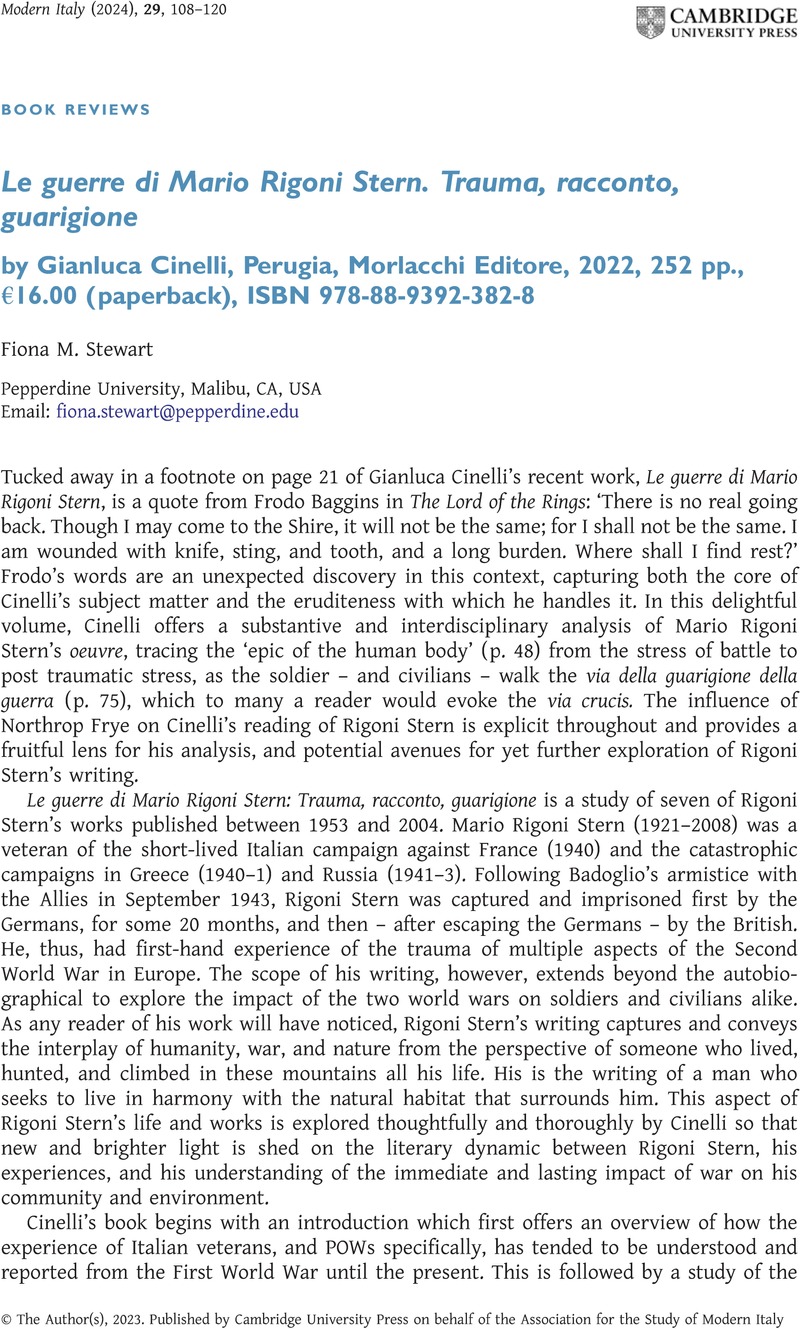No CrossRef data available.
Published online by Cambridge University Press: 08 June 2023

1. See for example, Warner, K. 2011. ‘Franciscan Environmental Ethics: Imagining Creation as a Community of Care’. Journal of the Society of Christian Ethics 31 (1): 143–60CrossRefGoogle Scholar.